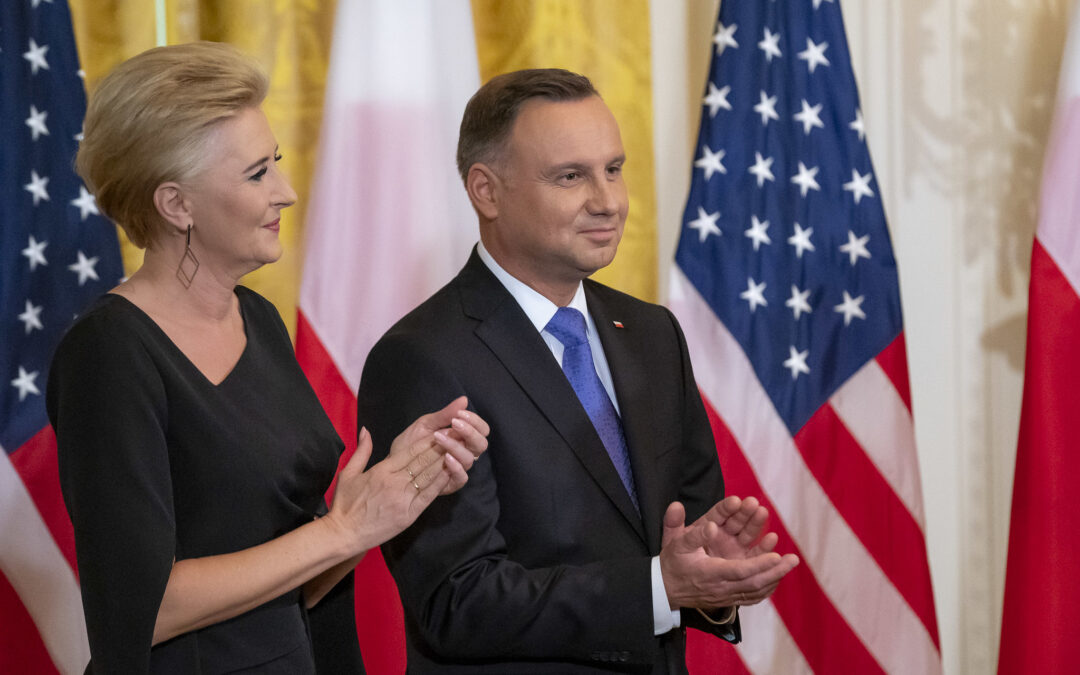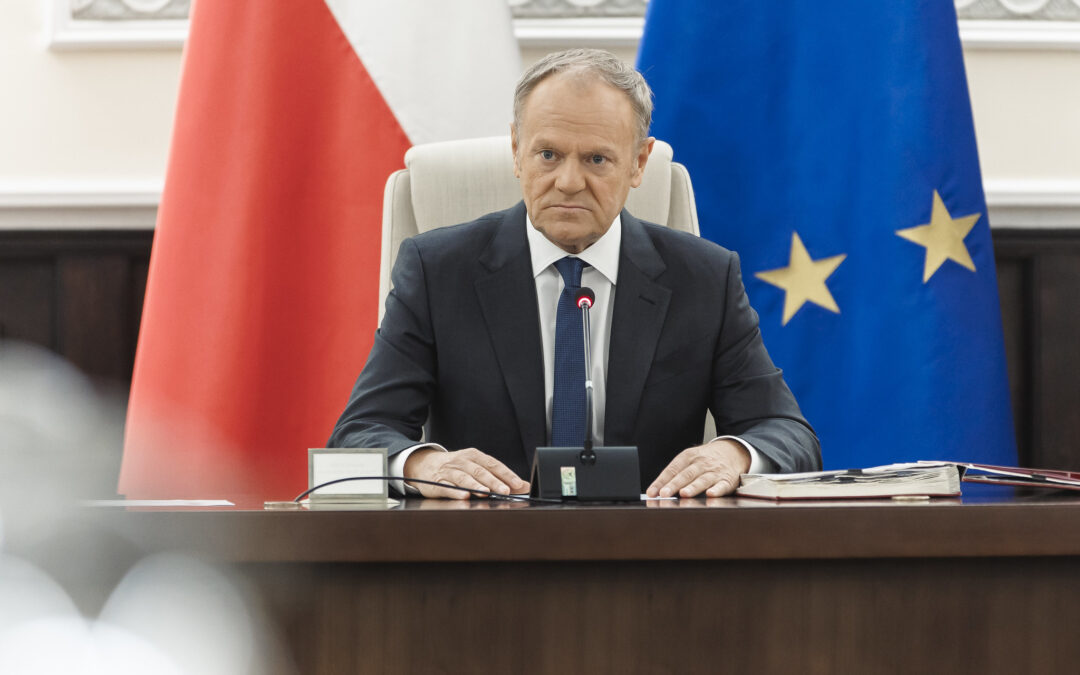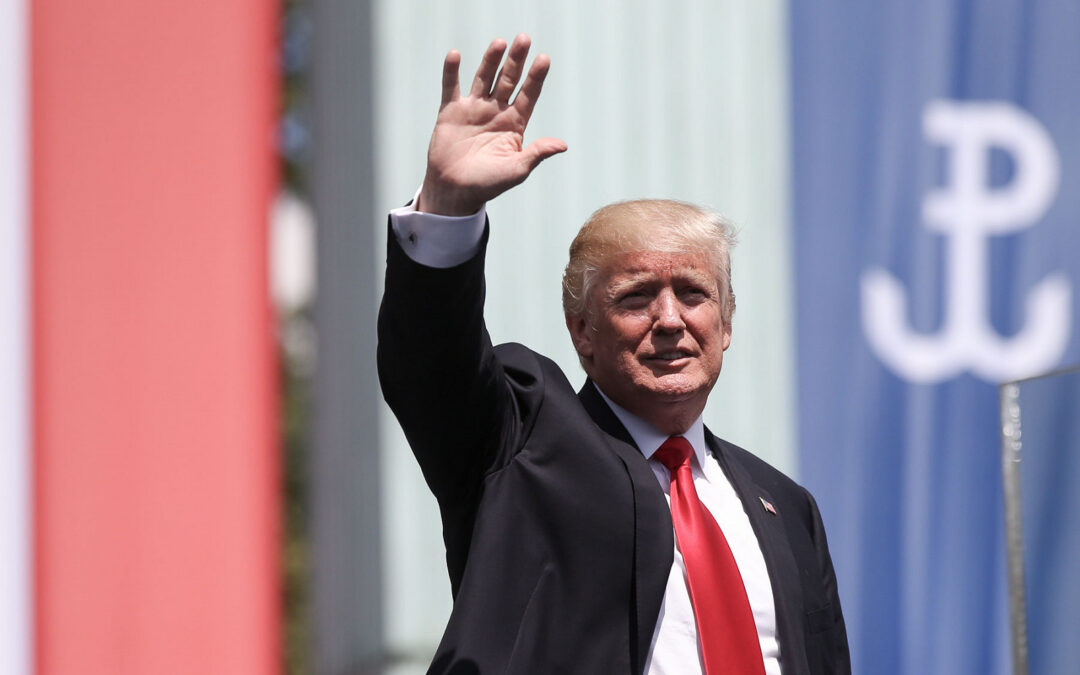President Andrzej Duda has hinted that he could veto a proposed law restricting foreign media ownership that has drawn criticism from the United States. He called the legislation “controversial” and said that Poland “must weigh up our interests” before making a decision.
The bill, which tightens a ban on ownership of Polish media outlets by firms from outside the European Economic Area (EEA), was submitted by the ruling national-conservative Law and Justice (PIS) party last month. It has faced criticism from the opposition as well as hundreds of journalists and editors.
The move is widely seen as being aimed at Poland’s largest private broadcaster, American-owned TVN, which is often critical of the government. The legislation has drawn expressions of concern from Washington, as well as the European Union and United Kingdom.
Speaking to state broadcaster TVP, Duda said that, while he favours the “repolonisation of the media”, the proposed legislation is a “controversial solution”. Increasing Polish ownership of media “should be carried out on a market basis” through voluntary sales, argued the president.
He noted that “there have already been such cases, and the previous owners did not complain”. Earlier this year, Polish state oil giant Orlen completed the purchase of hundreds of media outlets from their German owner.
Duda also outlined why the proposed law is so “incomprehensible to our American partners”:
First, because of the Americans’ attitude to the protection of property and, second, because of the value of freedom of speech. In America, freedom of speech goes very, very far. Criticism, even very harsh, is something natural, so we must weigh up our interests well.
The legislation was approved by the lower house of Poland’s parliament, the Sejm, earlier this month. It has now passed to the upper-house Senate, which can delay it for up to a month but cannot prevent its passage if it is supported by an absolute majority in the Sejm.
Should the bill be approved by parliament, it then passes to the president. He can sign it into law, send it to the Constitutional Tribunal for assessment, or veto it. A veto can only be overturned by a three-fifths majority in the Sejm – something that PiS would not be able to muster.
Media reports have recently indicated that Duda – an ally of PiS – is considering a veto as he does not want to harm relations with the US. During a recent speech he declared that he would uphold “the principle of freedom of speech and freedom to conduct business”.
Broadcaster @RMF24pl reports unofficially that the US is considering a range of sanctions against Poland if the new media law is introduced.
They could include blocking the sale of Abrams tanks and even a ban on the president and PM entering the US https://t.co/isM0EbW8ul
— Notes from Poland 🇵🇱 (@notesfrompoland) August 13, 2021
Main image credit: Tia Dufour/White House (under public domain)

Daniel Tilles is editor-in-chief of Notes from Poland. He has written on Polish affairs for a wide range of publications, including Foreign Policy, POLITICO Europe, EUobserver and Dziennik Gazeta Prawna.




















